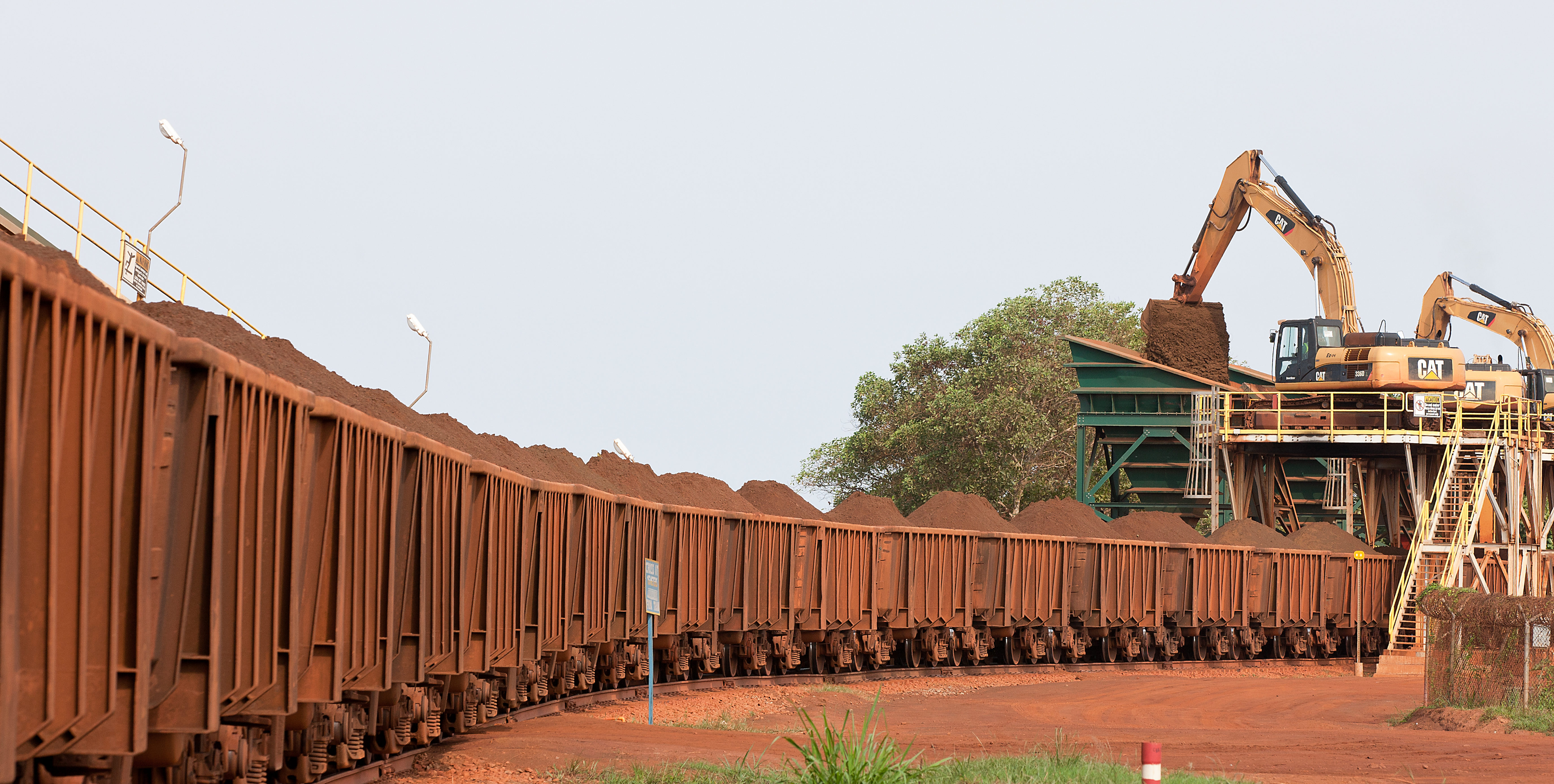Kazakhstan to sell gold abroad in bid to prop up tenge

Kazakhstan’s central bank will sell gold it purchases from domestic producers on international markets for dollars in a bid to shore up the national currency after it hit a record low this week.
The bank on Friday also announced that it would conduct domestic dollar sales to mirror its gold purchases.
“These measures will create additional supply on the foreign exchange market, which will also contribute to balance in the domestic currency market,” National Bank of Kazakhstan Governor Timur Suleimenov told reporters in Astana. He said the measures would also reduce excess tenge in the economy and help achieve the bank’s inflation target of 5%.
The central bank estimates it will sell about $6 billion a year in equal installments each quarter, Suleimenov said. That means roughly half a billion dollars will come to the market every month.
The regulator plans to start its gold sales next week. Kazakhstan has produced about 65 tons of gold a year, according to the central bank.
Bullion fell nearly 0.4% after the announcement to around $2,704 an ounce before paring some of its losses.
The national currency dropped to a record low this week against the greenback, battered by global dollar appreciation, US sanctions against Russia and growth in consumer demand for foreign currency that nearly doubled from previous years, according to the central bank. The tenge is down about 6% against the dollar from two months ago.
The Kazakh central bank has snapped up all the gold mined in the former Soviet republic, paying for the precious metal in tenge, since 2011, when the government granted it the right to buy bullion designated for export amid record prices. As of December, gold constituted a little more than half of the nation’s total reserves, or $23.8 billion, according to the data from the bank.
Despite the weakened tenge, the central bank kept the benchmark interest rate unchanged at 15.25% on Friday. Policymakers in the central Asian state had opted for a rate increase in November and spent more than $1 billion to prop up the national currency at the time. Before November, the last time the bank sold dollars to support the tenge was in March 2022.
This month, the central bank plans as much as $850 million in dollar sales for the oil fund. It sold $900 million from the fund and $308 million from its own reserves in December. The central bank has suspended purchases of dollars for the unified pension fund since October.
The bank said earlier this week it will intensify its monitoring of conversion operations by foreigners and will reintroduce limits on the difference between cash dollar sales and purchases, which were canceled in 2023.
State-run companies were already ordered in November to sell half of their foreign-currency revenue to support the tenge. Those sales are expected to come in at $500 million a month, according to Halyk Finance.
(By Nariman Gizitdinov)
More News
{{ commodity.name }}
{{ post.title }}
{{ post.date }}




Comments